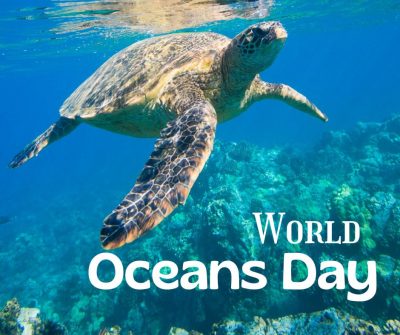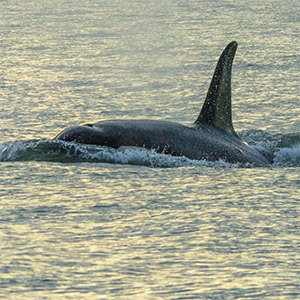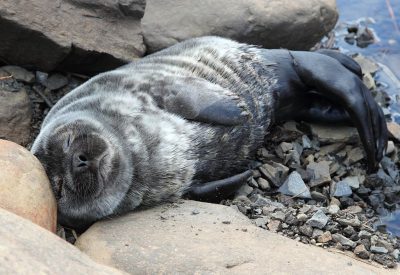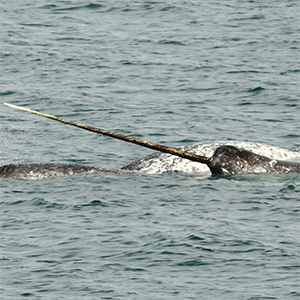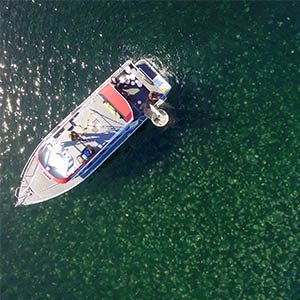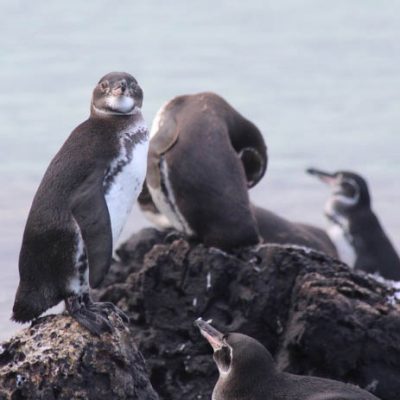World Oceans Day: ‘In one word, what does the ocean mean to you?’
Discover what the ocean means to us here at the Institute for the Oceans and Fisheries!
Congratulations to IOF award winners
The following students – incoming and current – have won IOF awards.
Illustrated catalogue with local artwork showcases the Transient Killer Whales of Central and Northern California and Oregon – the ‘wolves of the sea’
Science is not just for scientists. Citizen science has been instrumental in helping us understand more about the elusive, but majestic, transient killer whales.
UBC study analyzes the movements and dives of Hudson Bay ringed seals
Being a part of the Arctic food web means constantly moving around trying to avoid being eaten while looking for a snack yourself.
Teenage orcas could be roughhousing with boats off the coast of Spain
Killer whales are in the news for sinking boats off the coast of Spain.
Celebrating Canada’s ‘unicorn’ – the narwhal
Celebrating some of the research that the Institute for the Oceans and Fisheries researchers has undertaken on the iconic marine creature with a tusk (tooth, actually) on its head — the narwhal.
Jellyfish size might influence their nutritional value, UBC study finds
Researchers confirmed what was already known: jellyfish eat bigger prey as they grow, which means they also occupy a higher position in the food web as they grow. They also found that some of the concentrations of ‘healthy fats,’ increase as jellyfish grow. These changes might be influenced by their diet, and as they feed on bigger prey with higher levels of fatty acids, the jellyfish accumulate more of these fatty acids.
Food quality matters for southern resident killer whales, UBC study states
If southern resident killer whales ate just low-lipid salmon, they would have to eat around 80,000 more Chinook salmon every year than if they just ate high-lipid salmon.
Team of four marine biologists taking on the Atlantic Ocean Challenge
The team of marine biologists, including IOF Master’s student Lauren Shea, will row across the Atlantic Ocean – a race that will run 24 hours a day for almost 2 months
‘This is a wake-up call for the world’: UBC researchers at the forefront of championing for change
The Galápagos islands are under severe threat from ocean pollution, climate change, and illegal, unregulated, and unreported (IUU) fishing pressures
